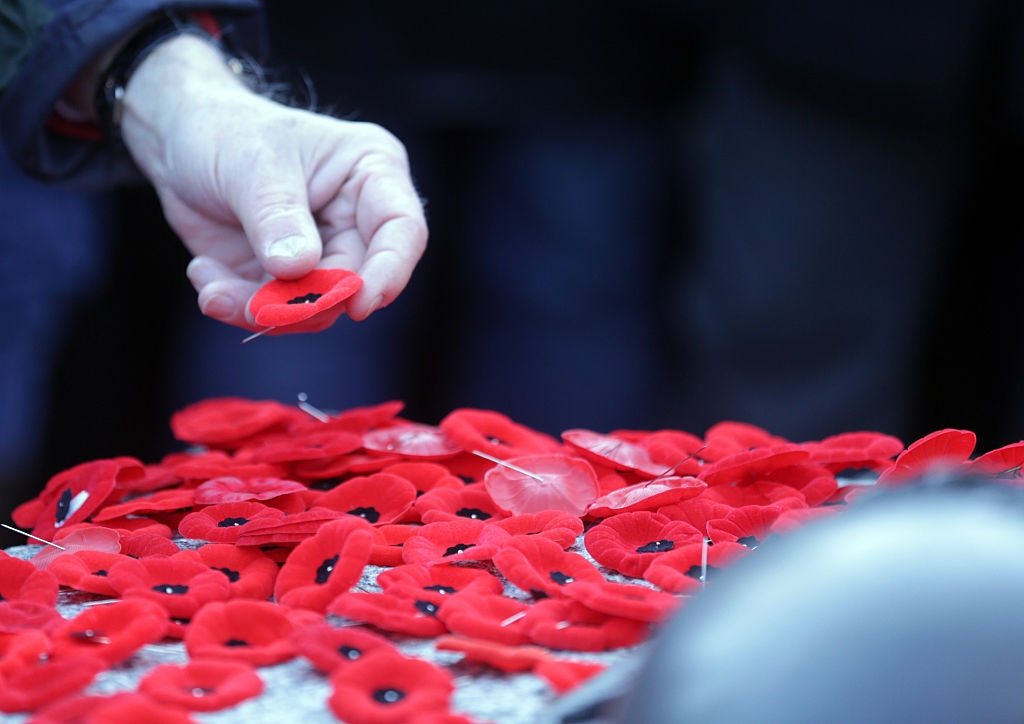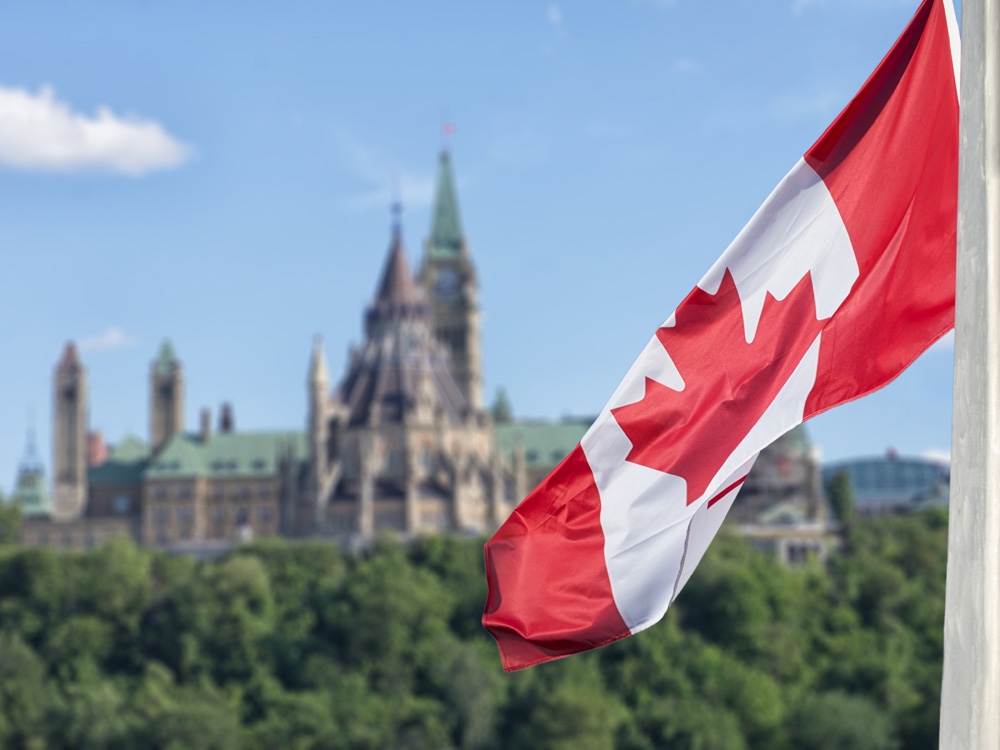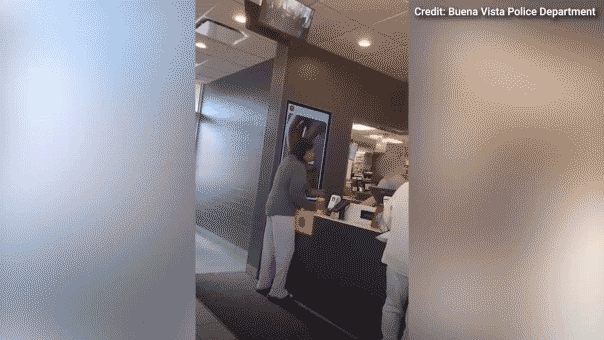A firestorm erupted as Nova Scotia’s Premier Tim Houston publicly condemned an order barring court workers from wearing poppies. The directive, issued earlier this week, shockingly labeled the iconic symbol of remembrance as a “political statement,” a claim Houston vehemently rejected.
“This is disgusting,” Houston declared, his voice resonating with outrage. He underscored that the poppy isn’t about politics; it’s a deeply held expression of respect for those who have fallen and continue to serve, a tangible link to the sacrifices made for our freedoms.
Houston powerfully reminded everyone that Canadians have worn poppies since 1921, a tradition born from the ashes of war and nurtured by generations. He asserted the judges responsible were profoundly mistaken, emphasizing that the very courts they preside over exist because of the courage and ultimate sacrifice of veterans.

He drew a stark connection between the freedoms upheld by the courts and the sacrifices of those who defended them. It felt, he stated, impossible to fathom a judge banning a symbol dedicated to honoring those brave individuals and their families.
In response, Houston announced his intention to introduce the “Nova Scotia Remembrance Observance Act.” This legislation would guarantee the right to wear a poppy in the workplace from November 1st to Remembrance Day, November 11th, if necessary to protect this fundamental act of remembrance.
The controversy wasn’t isolated to Nova Scotia. In Saskatoon, a veteran prosecutor was similarly told she couldn’t wear a poppy on her gown during trials. The reasoning centered on maintaining a uniform appearance, fearing other adornments might follow.
Lana Morelli, the prosecutor, found the situation deeply ironic. She pointed out that the freedom to even debate such a matter exists precisely because of the sacrifices made by the men and women she sought to honor with a simple poppy.
Saskatchewan’s Ministry of Justice confirmed a directive regarding appropriate court wear exists, alongside provincial law allowing poppy wearing – without any mention of it being considered a political act. They acknowledged the judiciary’s independence in setting courtroom attire rules.
While the province respects judicial discretion, a spokesperson stated they are actively working with the courts to clarify the situation. The goal is to ensure a respectful balance between courtroom protocol and the deeply meaningful tradition of honoring veterans.
The incidents sparked a wider conversation about the meaning of remembrance and the importance of allowing Canadians to freely express their gratitude for the sacrifices made on their behalf. It’s a debate rooted in the very freedoms those sacrifices secured.





